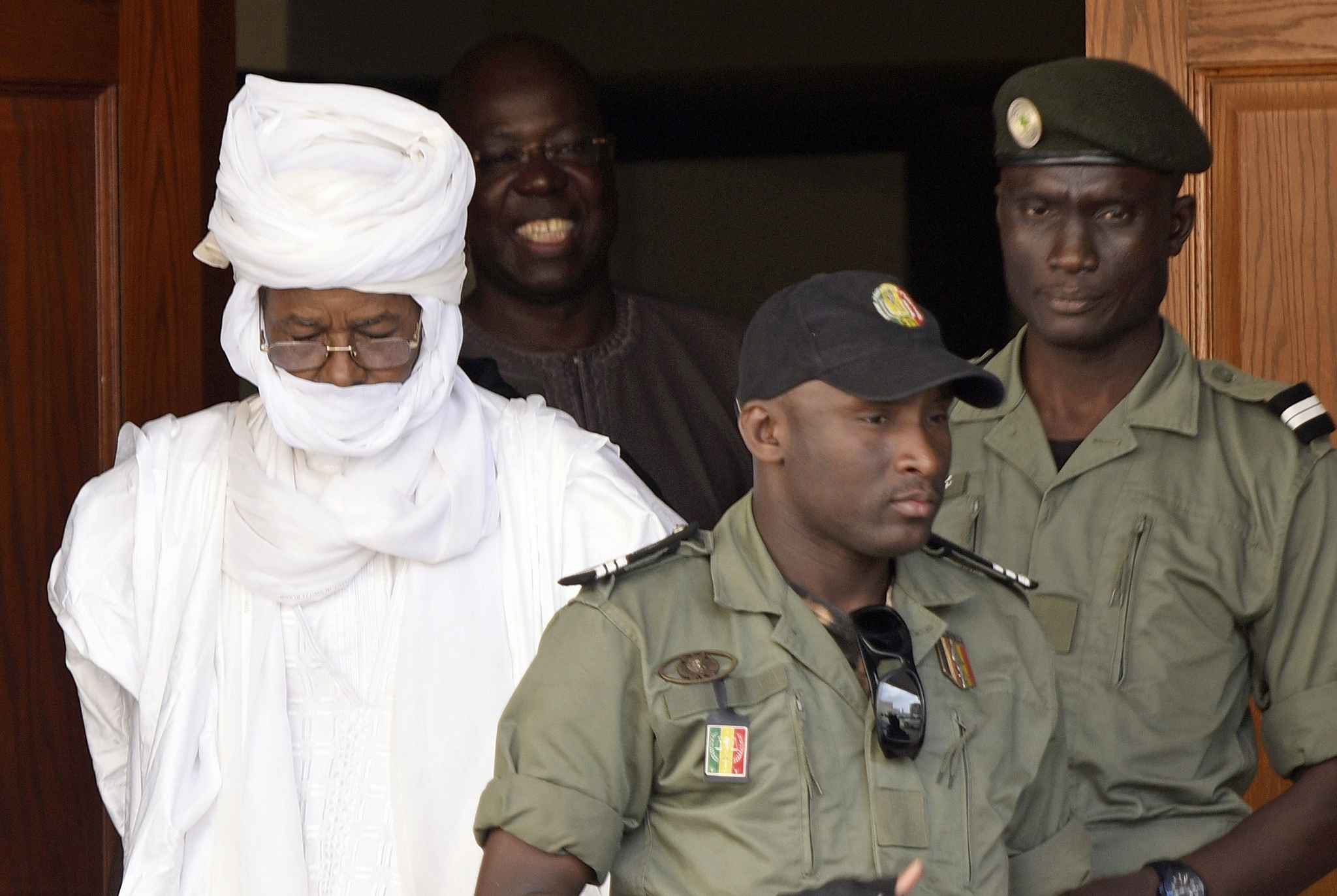The Human Rights Watch (HRW) has hailed the trial of former Chadian President, Hissène Habre as a “milestone moment” for justice on the African continent. The former dictator of the Central African state made his first appearance before a Senegalase court in Dakar this week, where he is facing charges of war crimes, crimes against humanity, and torture.
Habré led a one-party regime in Chad between 1982 and 1990, having taken control of the state via a coup. During this time it is alleged that nearly 40 000 people were murdered, and 200 000 more systematically tortured in a crackdown against those who opposed his rule. A truth commission held in Chad in 1992 also detailed periodic instances of ethnic cleansing against several indigenous groups.
Reports highlight that much of these acts were committed by a secretive police force known as the Documentation and Security Directorate (DDS). Amongst the shocking forms of torture documented are spraying gas into the face of victims, burning with incandescent objects, forced swallowing of water, and forcing detainees mouths onto the exhaust’s of vehicles.
Geraldine Mattioli Zeltner, who serves as advocacy director of HRW’s International Justice Program said the trial marked the first time the concept of universal jurisdiction, which allows courts in one country to try crimes committed in another, would be actively enforced on African soil.
“It is a very significant moment for the victims of Hissène Habre, but we can and should hope that this won’t be the end, and that there will be more justice for crimes committed in Africa appearing before African courts,” she said.
The trial comes after years of perseverance on the part of victims and human rights NGOs, who have actively pushed for Habre to be tried for the crimes he is alleged to have orchestrated. Habre was only formally arrested in 2013, at which point the UN’s International Court of Justice (ICJ) ordered Senegal to either put him on trial or extradite him to face charges in another country.
Zeltner said it was important to note the great deal of effort and persistence put in to get to this point.
“It is a question on my mind; do the victims have much time to obtain justice? My hope is that the African Union (AU) will use its power to ensure this justice happens,” she said.
The trial is also likely to set a precedent on the continent for other former dictators to be charged for the crimes in countries other than their own.
“This trial is sending the message the one cannot rule over such crimes without accountability, and this is a turning point not only for Africa, but for international justice,” she added.
The trial was adjourned until September 7th. If found guilty the former Chadian leader faces possible life in prison. VOC (Mubeen Banderker)






 WhatsApp us
WhatsApp us 

